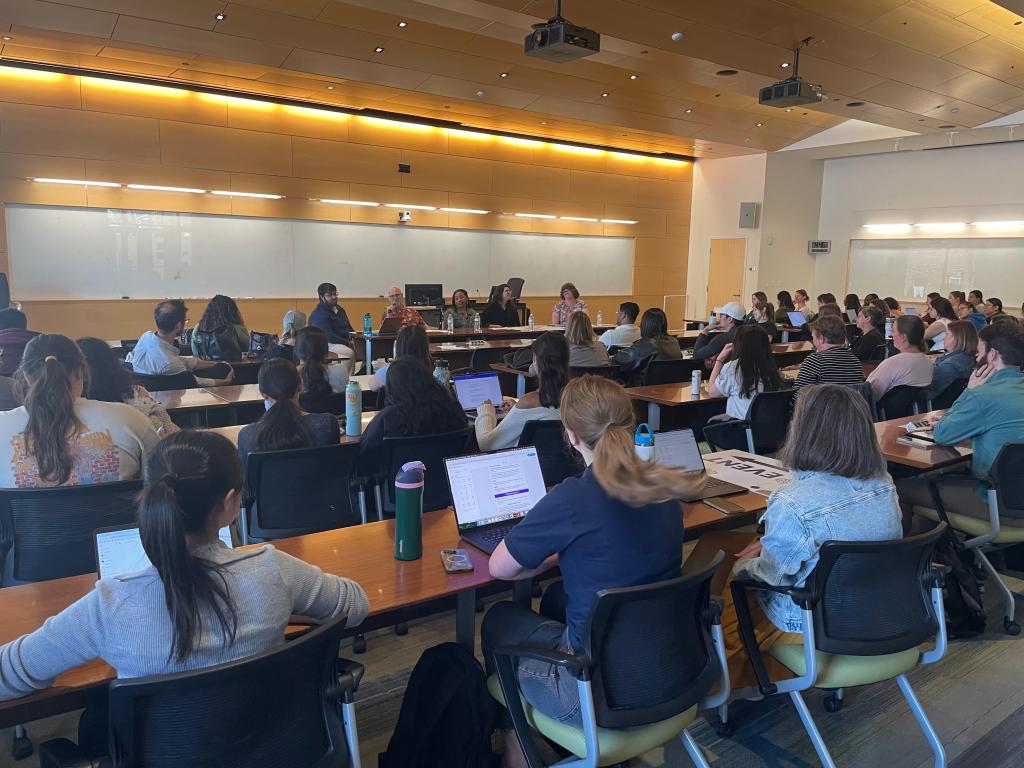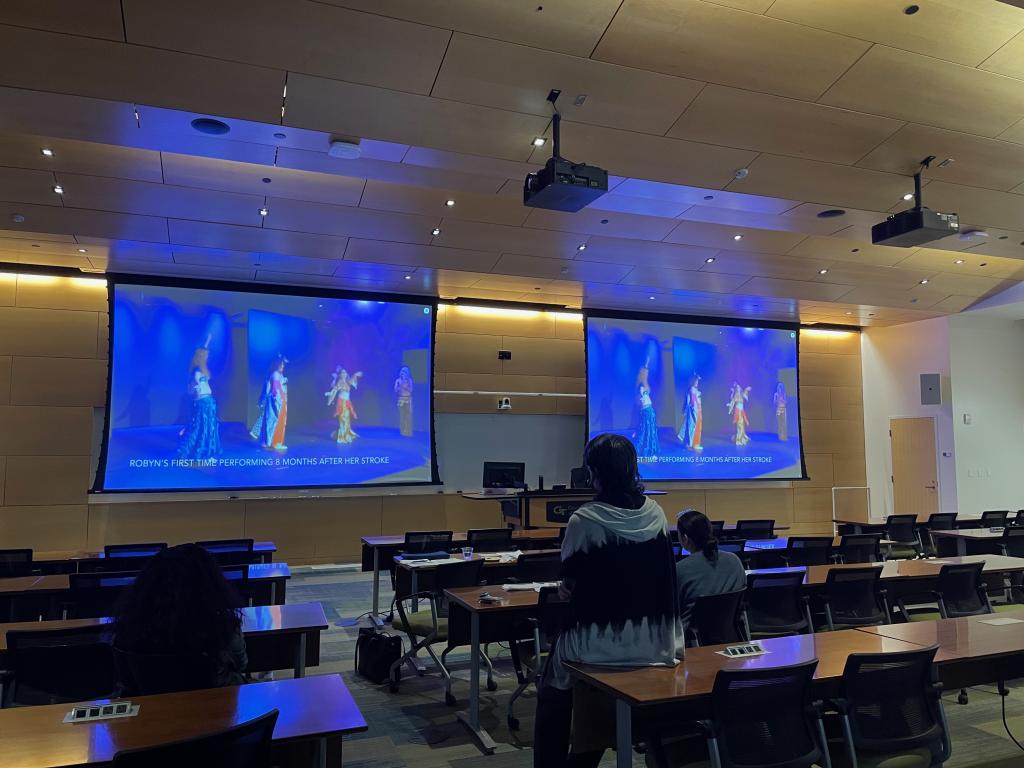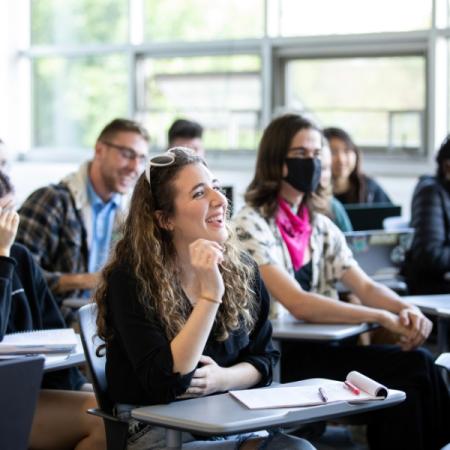As the Spring semester drew to a close, many students were writing final papers and taking exams. However, those in Jennifer Singh’s Sociology of Medicine and Health class were debuting mini documentaries on living with brain conditions and injuries.
Why Focus on the Lived Experience?
Singh, an associate professor in the School of History and Sociology, began her career in biotech and as a public health researcher at the Centers for Disease Control and Prevention. She said focusing on the lived experience of medical conditions is critical because the human story is often trumped by the medical narrative created by doctors, researchers, medicine, and scientific breakthroughs.
“But when people are living with chronic health conditions, it moves beyond just the medical domain,” Singh said. “It’s every single day, and it’s not just the person who’s living with the chronic condition but their caregivers as well.”
Singh’s class included History, Technology, and Society (HTS) students, as well as those pursuing neuroscience, biomedical engineering, and biology degrees, many of whom are taking the Health, Medicine, and Society minor. She believes the sociological perspective is an essential balance to their science and technological-focused courses, especially for students pursuing careers in medicine and health.
“Courses that only focus on the biology, the genetics, the neuroscience, or whatever it might be can obscure that there’s a human behind most of what we’re learning about. And that might change people’s perspectives on what they study or how they interpret findings,” Singh said.

Exploring a New Perspective
With funding from the Neuro Next Initiative, Singh hosted panels with people on the autism spectrum and people living after strokes. Then, the students broke into groups to create their own eight-minute documentaries. Some chose to focus on people they were close to.
Savannah Wilson, an HTS and Literature, Media, and Communication student, interviewed her grandmother, Linda, who was a caregiver for her husband with Alzheimer’s disease for seven years.
“I just feel like I took on a new identity,” Linda Wilson said in the documentary. “My identity, at that point, was the wife of an Alzheimer’s patient.”
Other documentary topics included gambling addiction, strokes, and epilepsy.
HTS majors Trevion Cooley and Jackson Hamilton interviewed Hamilton’s father, former NFL player Ruffin Hamilton, on the impact of concussions. He shared his experience with mood swings and forgetting memories.
“The hardest part of living with this condition is the unknown,” Ruffin Hamilton said. “Not knowing what the future is gonna hold is the scariest thing for me.”

Lessons for the Future
Cate Gemmell is an HTS student planning to go into a career as a physician’s assistant. For her, the course reinforced the idea that medical interventions alone are not enough.
She said her group chose to make their documentary about alcohol addiction because it’s often misunderstood as a personal failure or weakness and they wanted to challenge that narrative.
“While I entered the course with some prior knowledge of social determinants of health, this project fundamentally shifted the way I understand alcohol addiction in particular. Through both research and class discussions, I came to see addiction not simply as an individual struggle or a medical condition, but as a socially embedded experience,” Gemmell said.
“The HTS program allows me to engage deeply with the intersections of science, society, and ethics, combining training in the humanities, social sciences, and STEM fields. I see this interdisciplinary foundation as essential preparation for my future path as a physician assistant,” she added.
“I want to approach medicine not just as a clinical practice, but as a field that requires critical thinking about power, equity, and the lived experiences of patients. This course reaffirmed that to be an effective healthcare provider, one must be attuned not only to the patient as an individual, but also to the broader social context that shapes their health.”
Stream the students’ documentaries here or explore more research in the School of History and Sociology.




